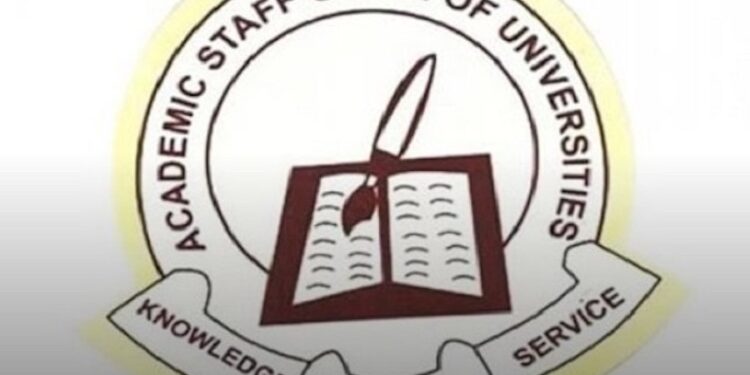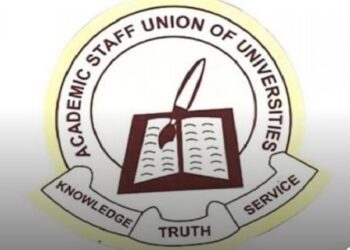Less than one month after calling off an eight-month-old strike, lecturers in public universities may resume another strike action as they were paid half salaries for the month of October.
Osodeke was reacting to the payment of half salary by the government to his members who last month called off their eight months strike.
Members of the union were stunned on Thursday when they received payment alerts indicating that they were only paid for seventeen days in October.
They resumed work on October 14. Osodeke, who expressed disgust at the development, noted that the government was pushing his union to the wall.
“Yes, we were paid half salary for October and that is not what we expected. However, as an organised union, we are meeting soon to deliberate on the issue and take appropriate actions, ” he said.
It is not only ASUU that is enraged about the development, non-teaching staff under the aegis of the Senior Staff Association of Nigerian Universities, SSANU, the National Association of Academic Technologists, NAAT and the Non-Academic Staff Union of Educational and Allied Institutions, NASU are also shocked by the government’s action and are contemplating what next to do too.
ASUU suspended its eight-month strike on October 14, following an order by the Court of Appeal, which directed it to comply with an earlier pronouncement by the National Industrial Court of Nigeria, before appealing its judgement.
The strike began on February 14 following the failure of the Federal Government to renegotiate the agreement it signed with ASUU in 2009, demand by the teachers for the replacement of the Integrated Personnel Payroll Information System (IPPIS), with the University Transparency and Accountability Solution (UTAS), as the payment platform in the university sector, among others.
ALSO READ:FX Market Crisis: ABCON Absolves Members Of Culpability, Calls For Vigilance
The lecturers had insisted that IPPIS had never been implemented in any university system anywhere. Among its drawbacks, they say, is that it will shut the door against foreign scholars, contract officers and researchers needed to be poached from existing universities to stabilize new ones.
In suspending the industrial action, Prof Osodeke emphasised that the Union was obeying the directive by the Court of Appeal, adding however that the issues leading to the face-off had not been conclusively addressed.











